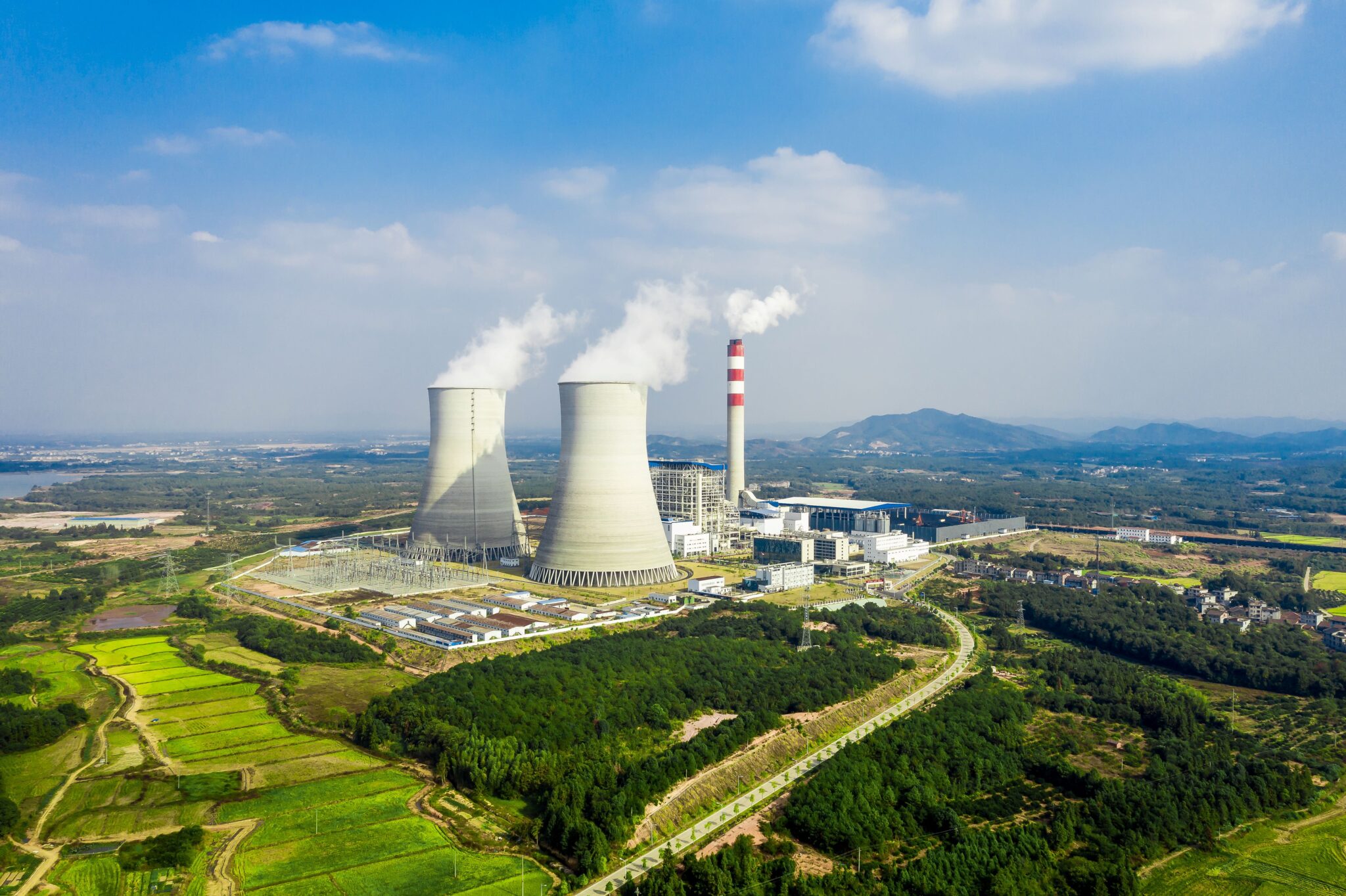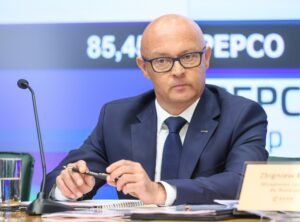„Poland has very ambitious plans about building nuclear power plants. We should stop waisting time on discussions about the financing model for the nuclear project, so this issue needs to be resolved without further delay,” says Wojciech Wrochna from the Kochański&Partners law firm.
- „According to the EU Market Regulation, the basic model of support for nuclear energy is a contract for difference. This means that the European Commission favors this solution,” says Wojciech Wrochna.
- The expert notes that the SaHo model is another option, and it could reduce the cost of investment and is potentially more profitable compared to the contract for difference.
- „Poland has very ambitious plans about building nuclear power plants, including large-scale facilities and small modular reactors (SMR). I assume that with such investments there will be delays,” he assesses.
BiznesAlert.pl: Which financial model is more beneficial? Contract for difference or the SaHo model?
Wojciech Wrochna: Currently, without extensive analysis, it is very difficult to identify the most advantageous model. On the other hand, I would like to point out that, according to the EU Market Regulation, the basic model for support for nuclear energy is a contract for difference. This means that the European Commission favors this solution. However, this does not mean that other models are not allowed, but notifying other forms of support may be more difficult. And this also means that the Commission will have to assess in more detail the scope of support and its impact on the energy market.
On the other hand, the differential contract model assumes financing of a nuclear energy project based on market financing, without direct participation of state money, and this is quite an expensive solution. Any other model that could reduce the cost of investment, for instance the SaHo method, is potentially more beneficial from this perspective.
It should be noted that both solutions have their advantages, however, it seems that at present the contract for difference is the easier path.
An interesting example is the Czech approach to financing nuclear projects, where, on the one hand, they are based on a differential contract, but also use solutions that allow financing the initial part of the investment with public funds, offering cheaper financing than private capital.
Of course, one must be aware that private financing of nuclear energy is not possible due to the size of the risks involved.
Are there other legal barriers to these models?
An important element in choosing a financial model is also the market model, which will determine what volume of energy that can be produced by a nuclear power plant will be sold or placed on the market. This is a key question about the volume risk of such an investment, because a contract for difference guarantees a fixed energy price, but it does not mean that every megawatt hour (MWh) produced on the market will be used.
In a situation where a lot of renewable sources are able to generate energy at zero marginal cost, nuclear energy will be „pushed” out of the market by them. This will mean that these megawatt-hours on the market will not be sold, settled, because, for example, energy will be reduced on the market and, as a consequence, they will negatively affect the income of the future power plant.
The European energy market model is unified. The legal issue to be reconciled is the answer to the question of how to combine a large volume of renewable energy with nuclear energy, which, in addition, for technical and economic reasons, should operate at a stable level, i.e. its operation should not be limited.
How do you evaluate the likelihood of delays?
It should be admitted that Poland has very ambitious plans about building nuclear power plants, including large-scale facilities and small modular reactors (SMR). I assume that with such investments there will be delays.
The timetable for the construction of nuclear power will be extended, but we should not further delay these projects. When new problems arise, they need to be eliminated quickly. In addition, we should not waste time discussing the financing model, so this issue should be resolved as soon as possible.
Interview by Jacek Perzyński









